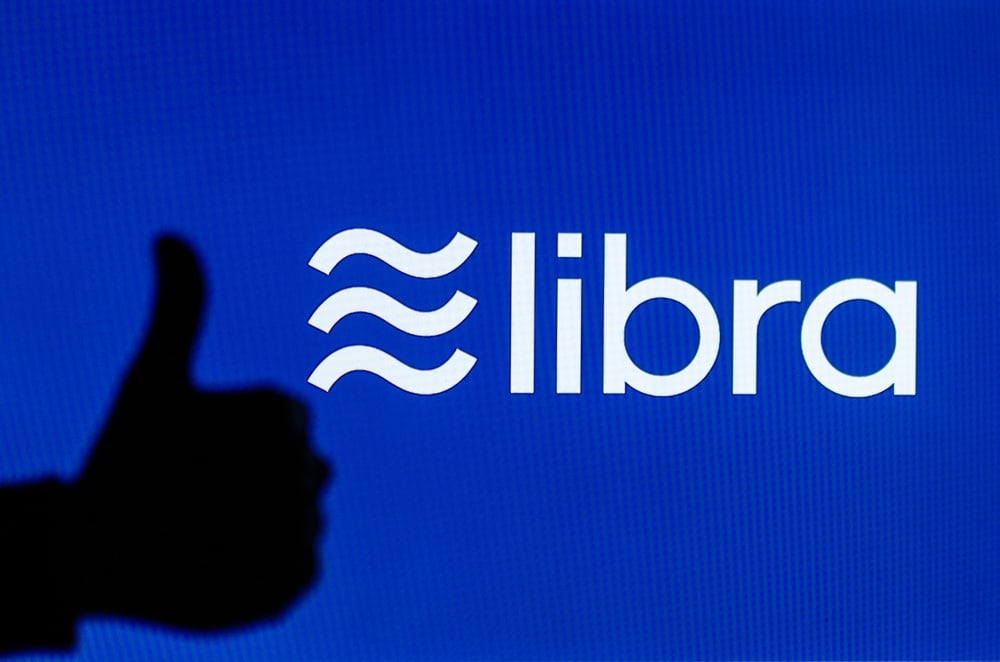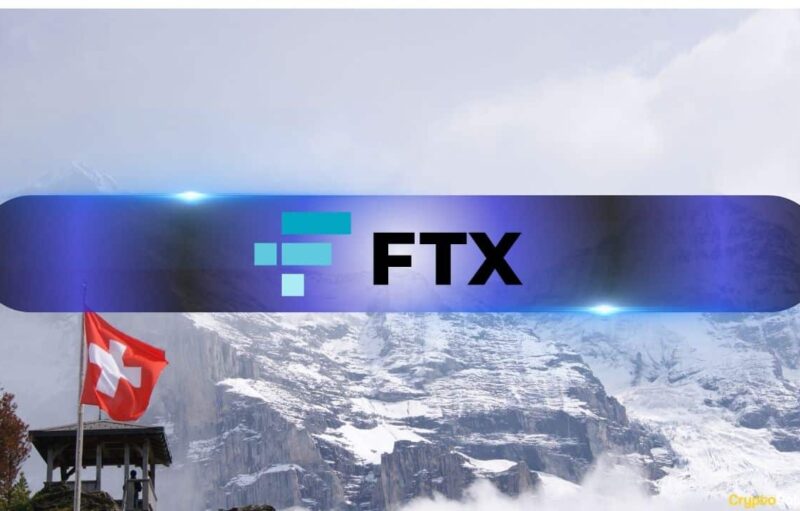
Switzerland crypto laws have appealed to blockchain enthusiasts for years. Facebook’s head of blockchain, David Marcus, is no exception. He released a statement announcing that he expects the new coin to be governed by Swiss law.
“Because the (Libra) Association is headquartered in Geneva, it will be supervised by the Swiss Financial Markets Supervisory Authority (FINMA). We have had preliminary discussions with FINMA and expect to engage with them on an appropriate regulatory framework for the Libra Association.”
Marcus went on to state that the association intends to register with the U.S. Treasury Department’s Financial Crimes Enforcement Network (FinCEN). Questions remain. Why did Libra choose to headquarter in Switzerland? What are the main differences between Switzerland’s crypto laws and the United States?
US & Switzerland Crypto Laws Have Similarities
At first glance, the two countries don’t appear to be taking extremely different approaches.
Both countries:
- Allow for digital currencies and exchanges.
- Work to protect their citizens from illicit activities such as extortion or money laundering.
- Look to use their existing financial legislature to apply to digital currencies.
- Are still trying to determine what, exactly, is the best way to regulate crypto.
Switzerland Has a “Friendly” Attitude
One of the main differences is in attitude. While the United States is lurching forward with resistance, caution and occasional acceptance, Switzerland’s crypto stance is safe, but welcoming and open.
In March, the Federal Assembly, the legislative branch of the Swiss government, voted in favor of a motion to receive instruction on how to apply current laws toward crypto.
Like the U.S., Switzerland has decided to regulate digital currencies within the framework of their existing financial laws. By design, the Swiss government does not have consistent laws related to ICOs and cryptos. Rather, they choose to maintain flexibility to govern different types of currencies in different ways, on a case-by-case basis.
It’s subtle, but Switzerland’s inconsistencies seem to provide a more nuanced regulation, while the United States’ lack of legislative clarity has been an issue with the blockchain industry for years. Businesses, legislators, and even presidential candidates have been calling for clarity to help facilitate progress.
Not-So Libra Friendly
Meanwhile, the President of the United States recently took to twitter to thumb an attack on bitcoin.
I am not a fan of Bitcoin and other Cryptocurrencies, which are not money, and whose value is highly volatile and based on thin air. Unregulated Crypto Assets can facilitate unlawful behavior, including drug trade and other illegal activity….
— Donald J. Trump (@realDonaldTrump) July 12, 2019
US Treasury Secretary Steven Mnuchin held a press conference today where he shared his doubts about cryptocurrencies.
“Cryptocurrencies such as Bitcoin have been exploited to support billions of dollars of illicit activity, like cybercrime, tax evasion, extortion, ransomware, illicit drugs, human trafficking … This is indeed a national security issue.”
Adding,
“I think to a large extent, these cryptocurrencies have been dominated by illicit activities and speculation.”
Leaders in Switzerland have taken a different approach. Swiss Federal President Ueli Maurer recently attended the CV Crypto Valley Summit, where he said the government “is constantly looking for ways to stay two steps ahead,” in blockchain regulation. He added that “our doors are always open” for any companies looking to approach the state.
Where Would You Go?
The blockchain community views Switzerland as an embassy of sorts. The iconic town of Zug birthed the world’s second-largest cryptocurrency, Ethereum. With over 700 blockchain-related companies having a presence there, the town of 30,000 people has been dubbed “Crypto Valley.”
As the U.S. looks to stall the development of Facebook’s Libra and House Democrats look to keep big tech out of finance, it makes perfect sense that these companies will simply go where they’re wanted.
The post appeared first on CCN






